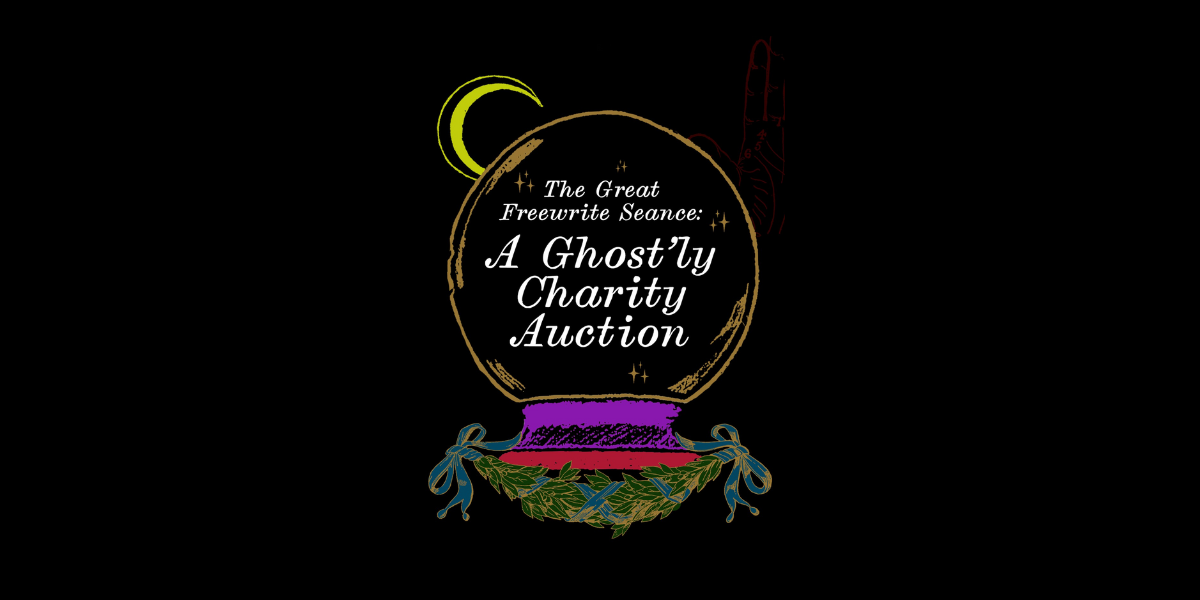Some writers love editing. Others… not so much. Either way, editing is an essential part of the writing process. And, like writing, it’s time-intensive.
Fortunately, editing doesn’t have to take forever. If you want to refine your writing without spending endless hours on it, consider these three tips.
1. Start with an Outline
It’s hard to get anywhere without a map (or maybe a navigation app is more appropriate for 2018). Likewise, it’s hard to write without a destination in mind. To predetermine that destination, consider outlining.
Your outline can be as simple or complex as you’d like. If you’re writing a standalone blog post, your outline might be bullet points. If you’re writing a novel, your outline might be several pages. Either way, spending time creating an outline in advance can save you major time in the editing process. If you’re wondering why, let’s refer back to our map metaphor.
If we travel without a navigation app, we’re likely to get lost along the way. That means wasted time backtracking, rerouting, and making U-turns. The same goes for writing. An outline shows us where we’re going so we don’t get lost along the way. Without one, we might very well get to the editing process and realize that we went way off course. Then we’d need to spend extra editing time getting everything back on track. That’s no way to expedite our editing.
You can read more about the importance of outlining in this post, Outlining for Writers Who Hate to Outline.
2. Use Editing Software
The robots haven’t taken over yet—but that doesn’t mean they aren’t super smart. In fact, there are many programs out there that can help edit your writing.
Take ProWritingAid, for example. It works like your grammar checker but goes way beyond just grammar errors. It detects a huge range of writing issues that make your writing awkward or unclear, like passive voice, sticky sentences, repetitive phrasing, and inaccurate word choices. And it does all this at lightning speed.
Try uploading a piece of your writing to the online tool and run a summary report. It’s free to use and you’ll see the key changes that will most improve your writing. Or, to save even more time, you can use integrations for Microsoft Word/Office, Google Chrome, Google Docs, Scrivener, and more.
It’s an easy way to edit faster (and more efficiently).
Related: 10 Grammer Rules to Always Follow
3. Take a Break Between Writing and Editing
I know. This sounds contradictory. Why would I recommend taking additional time for an article about saving time?
Because it really works. You need not take a long break between writing and editing. It could be a day. It could be an hour. Whatever you choose, taking time between writing and editing will accelerate the entire process.
There are a few reasons for this. First, the downtime allows your brain to switch gears. Though they are similar, writing and editing require different skills. Writing is about seeing what isn’t there; editing is about refining established ideas. It’s difficult to transition from one to the other. Taking a break after writing resets our brains for editing. And when we do that, editing goes faster.
Furthermore, breaking before editing gives your unconscious mind time to reflect on what you’ve written. Here’s a non-writing example: Think back to the last time you lost your car keys. (I did it 20 minutes ago.) You probably found that you looked everywhere and couldn’t find them. Then maybe you stepped away for a while. When you returned, you might’ve suddenly remembered where you left your keys.
No, the keys didn’t telepathically notify you of their location (though that would be pretty cool). That was the work of your unconscious mind. It works the same way for writing and editing. Your unconscious mind finds solutions to problems, even when you don’t know it.
Alright, I’ve taken enough of your time. Go edit!
About the author:
Kyle A. Massa is a speculative fiction author living in upstate New York with his wife and their two cats. He loves the present tense and multiple POV characters. When he grows up, he wants to be a professional Magic: The Gathering player. For more of his work, visit www.kyleamassa.com.





























